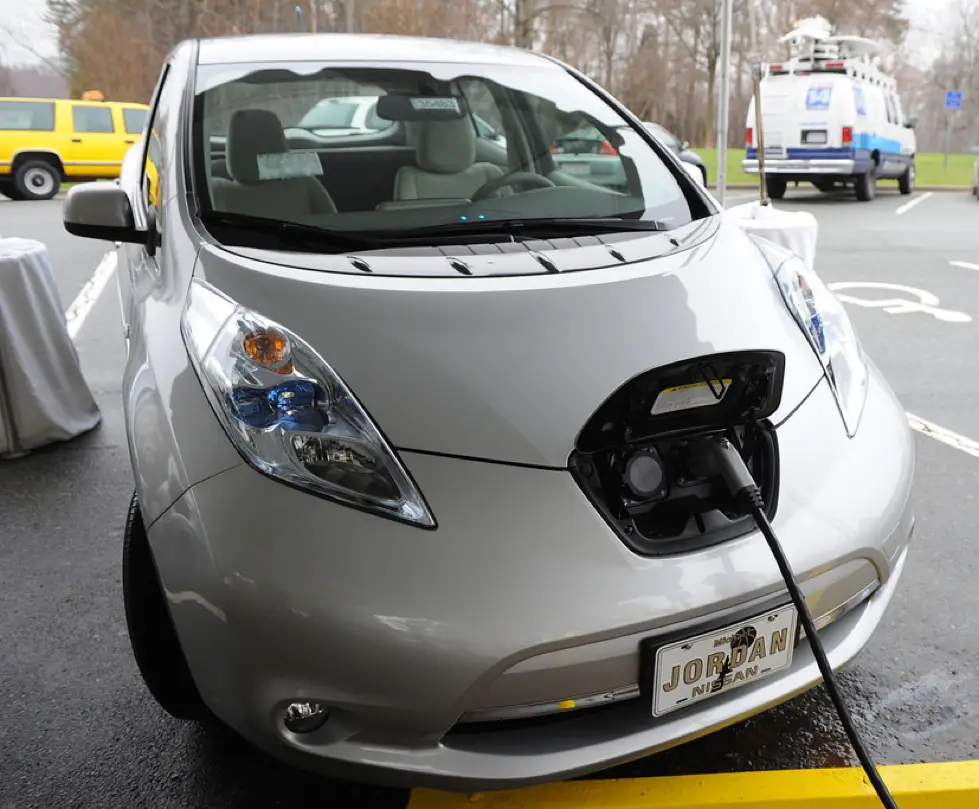 The invention of the car in the late 19th century was a game changer for what the world had been, and what it was going to become. There are few, if any, people who could imagine what it would be like not to have access to a car today. Sure, there are plenty who don’t need or want one, or can’t afford one, but cars are a part of everyday life and are essential in the wide-open spaces of North America.
The invention of the car in the late 19th century was a game changer for what the world had been, and what it was going to become. There are few, if any, people who could imagine what it would be like not to have access to a car today. Sure, there are plenty who don’t need or want one, or can’t afford one, but cars are a part of everyday life and are essential in the wide-open spaces of North America.
Until recently it’s been gasoline-fueled cars that have ruled the roost, but things are gradually changing with hybrid and electric cars. Much has been written about the advent of these “greener alternatives” that have shaken up the market, but it’s not all about saving the planet and protecting the environment. There is also the claim that greener cars can save you money, and who doesn’t want to save money?
So how much truth is there in that assertion? Can you really save money?
Let’s take a look at the pros and cons:
The cost argument
A new hybrid or electric vehicle (EV) is likely to cost more than the same size and spec gas-powered car. A hybrid uses both gas and electricity to power it and could be several thousand more dollars to buy than the same model that solely runs on gas.
So how do you calculate payback and decide whether or not it’s worth the added up-front cost?
You need to set the initial cost of the fuel-efficient hybrid against its gas-guzzling twin and then look to the fuel economy of each as well as the cost of gas and how many miles you drive each year. In Canada and the United States, you could well be making long trips both for commuting and leisure if public transit is not great, so the cost of gas could end up being a major factor in your payback calculations.
For an EV it can be harder to measure, as there may be various government incentives and tax credits to set against the cost of the vehicle in the first place, as well as charging costs for electricity and investing in a home charger.
Sometimes it comes down to your personal feelings regarding going green. Hybrid cars emit less pollution than gas powered models, and EVs emit none from the vehicle itself –but you should also bear in mind that electricity generated to power it may come from coal, an acknowledged “dirty” fuel.
Purchasing a hybrid or EV
There’s little doubt that interest in fuel-efficient vehicles is growing. Canada and the US have been prime movers in the development and adoption of these new vehicles and have also been developing an EV charging infrastructure to make it much easier for owners to replenish a car’s battery.
Of course, when it comes to buying a new vehicle, you can always seek out a loan. For example, in Canada, websites such as autoloans.ca are readily available that offer loans for buying hybrid and electric vehicles.
You should always research what you think will best suit your needs, and an EV could be ideal for city hops as they have limited mileage on a single charge, whereas a hybrid could easily be used for longer trips for business or leisure.
Making the difference
Although there may be many good reasons for looking to swap to a more fuel-efficient car, there are no absolutes when it comes to the amount of money you’ll save over time. You will, however, be contributing to a cleaner environment. Regardless, hybrids and EVs are here to stay — and their fuel efficiency will only increase as new design techniques are implemented in the years to come.
Photo Credit: NCDOT communications

Considering the tax credit is about to disappear there is an additional $7,500 savings from gas that would have to be accounted for.
I’m considering converting a gasoline engine to run off wood gas….a resource I personally have plenty of.